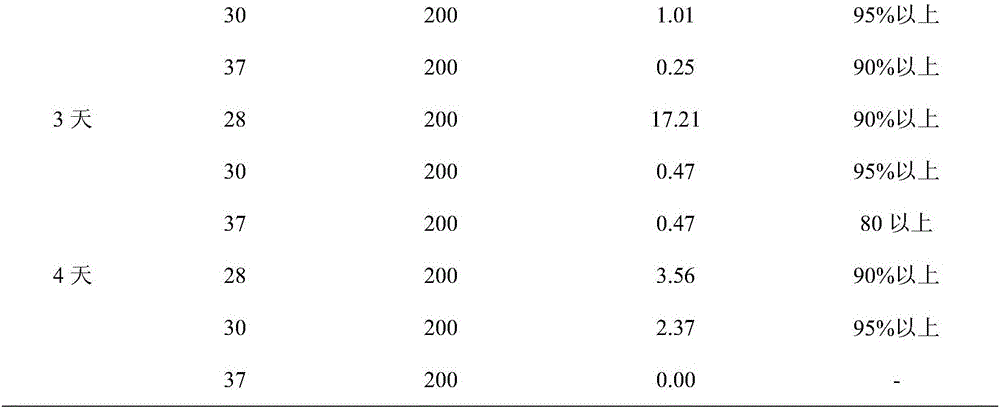Genetically engineered bacterium for producing alpha-carotene and construction method and application of genetically engineered bacterium
A technology of genetically engineered bacteria and carotene, which is applied in the field of genetic engineering and achieves good application prospects
- Summary
- Abstract
- Description
- Claims
- Application Information
AI Technical Summary
Problems solved by technology
Method used
Image
Examples
Embodiment 1
[0019] The applicant found that compared with other plants, banana (Musa nana Lour.) can accumulate a high proportion of α-carotene, and cloned banana tomato red from banana to α-carotene produced by cyclization of δ-carotene β-cyclase gene (MaLCYB), so the expression vector of this gene was constructed and transformed into engineering bacteria containing pAc-Delta plasmid to obtain the genetically engineered bacteria producing α-carotene that can accumulate a large amount of α-carotene.
[0020] The concrete steps of embodiment are described below:
[0021] a) extraction of banana RNA and obtaining of cDNA:
[0022] RNA extraction was performed using the CTAB method. The specific steps are: take 1 g of banana fruit ground with liquid nitrogen, add 4 mL of CTAB solution (100 mM Tris-HCl (pH 8.0), 2M NaCl, 25 mM EDTA, 2% CTAB, 2% PVP, 0.5 g / L spermidine (Spermidine)) and 70 μL β-mercaptoethanol were mixed, added 4 mL of chloroform / isoamyl alcohol (24:1), vortexed for 20 seco...
PUM
 Login to View More
Login to View More Abstract
Description
Claims
Application Information
 Login to View More
Login to View More - R&D
- Intellectual Property
- Life Sciences
- Materials
- Tech Scout
- Unparalleled Data Quality
- Higher Quality Content
- 60% Fewer Hallucinations
Browse by: Latest US Patents, China's latest patents, Technical Efficacy Thesaurus, Application Domain, Technology Topic, Popular Technical Reports.
© 2025 PatSnap. All rights reserved.Legal|Privacy policy|Modern Slavery Act Transparency Statement|Sitemap|About US| Contact US: help@patsnap.com



